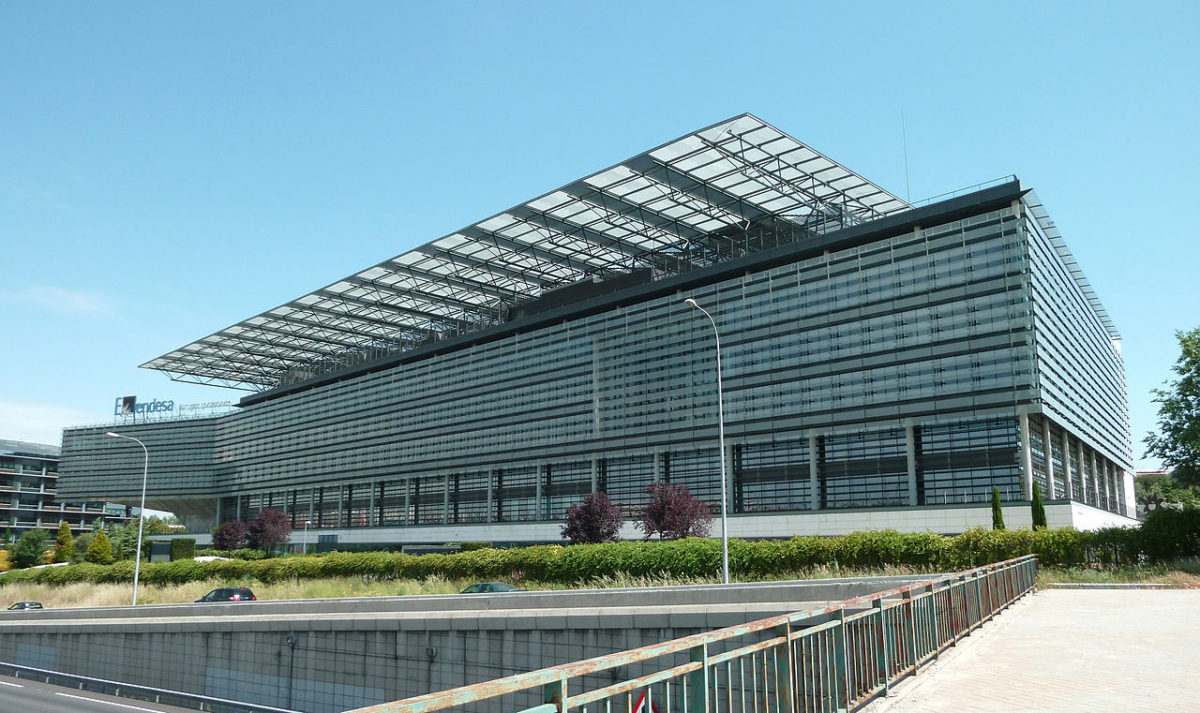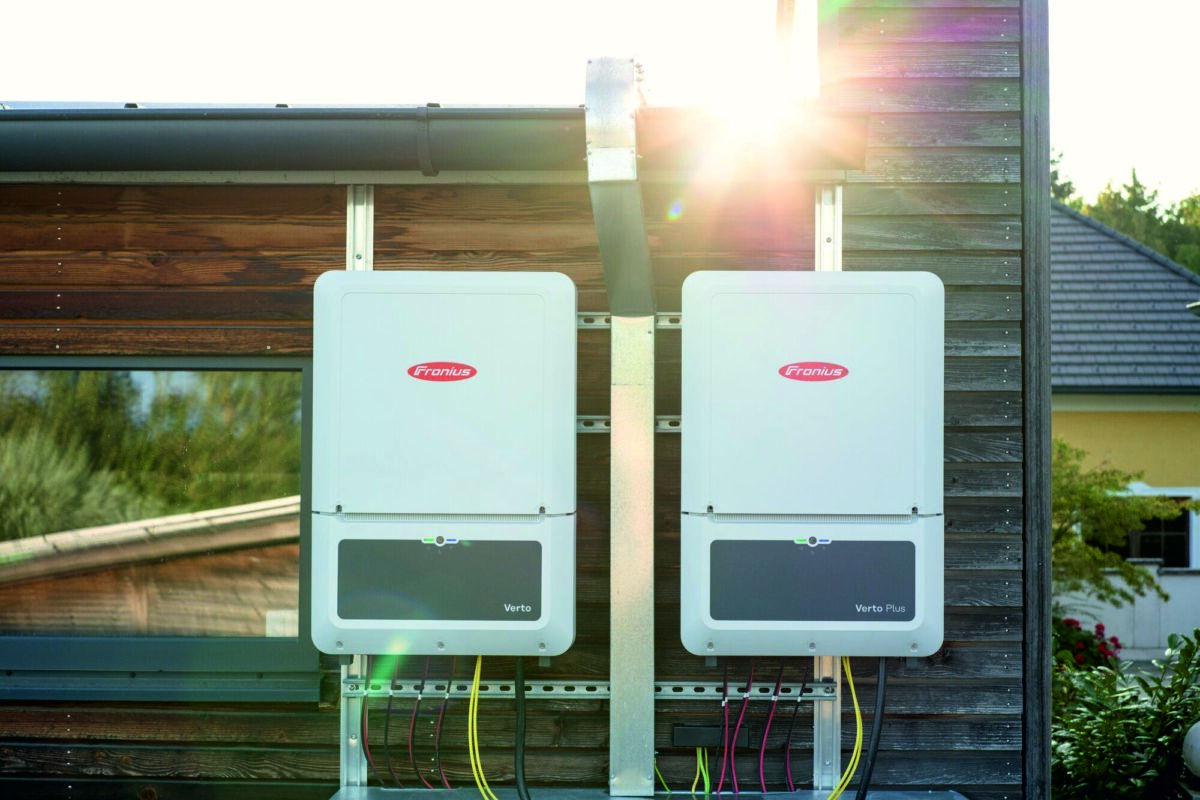Spain’s largest power utility Endesa, a majority-owned subsidiary of Italian utility Enel, has received approval to install a 4 MW/1.7 MWh storage system at its thermal power station in the enclave of Melilla, on the north coast of Africa.
The storage system, consisting of second life electrical vehicle batteries from Japanese multinational automobile manufacturer Nissan, will be located in Endesa’s thermal power station in Melilla, which has an autonomous electric system.
“The solution could guarantee energy supply of the autonomous city, which has 86,120 inhabitants for 15 minutes or even longer, if loads lower than 4 MW are applied,” the company said.
The pilot storage project, which according to Endesa is a cheaper alternative to stationary power storage batteries, is now in the preliminary phase and its implementation is planned for next summer. The system will rely on 78 battery packs used by Nissan in its Leaf vehicles.
Last year, Endesa commissioned a storage project totaling 20 MW/11.7 MWh of production capacity at its thermal power station near Almería, in southern Spain. It is currently the largest operational battery in the country. The company is planning a similar project at another of its power plants near La Coruña, in northwestern Spain.
Endesa and Nissan signed a cooperation to promote electromobility in Europe in 2015. At the time, the two companies said they intended to launch a commercially viable system of electric vehicles and charging infrastructure, which allows a bidirectional power flow.
“Thanks to this system, a 100% electric model, such as Nissan LEAF or e-NV200, or another model compatible with version 2.0 of CHAdeMO (Quick Charging Of Electric Vehicles) can be charged in low-demand periods, benefitting from cheaper electricity tariffs,” they said.
This content is protected by copyright and may not be reused. If you want to cooperate with us and would like to reuse some of our content, please contact: editors@pv-magazine.com.




By submitting this form you agree to pv magazine using your data for the purposes of publishing your comment.
Your personal data will only be disclosed or otherwise transmitted to third parties for the purposes of spam filtering or if this is necessary for technical maintenance of the website. Any other transfer to third parties will not take place unless this is justified on the basis of applicable data protection regulations or if pv magazine is legally obliged to do so.
You may revoke this consent at any time with effect for the future, in which case your personal data will be deleted immediately. Otherwise, your data will be deleted if pv magazine has processed your request or the purpose of data storage is fulfilled.
Further information on data privacy can be found in our Data Protection Policy.